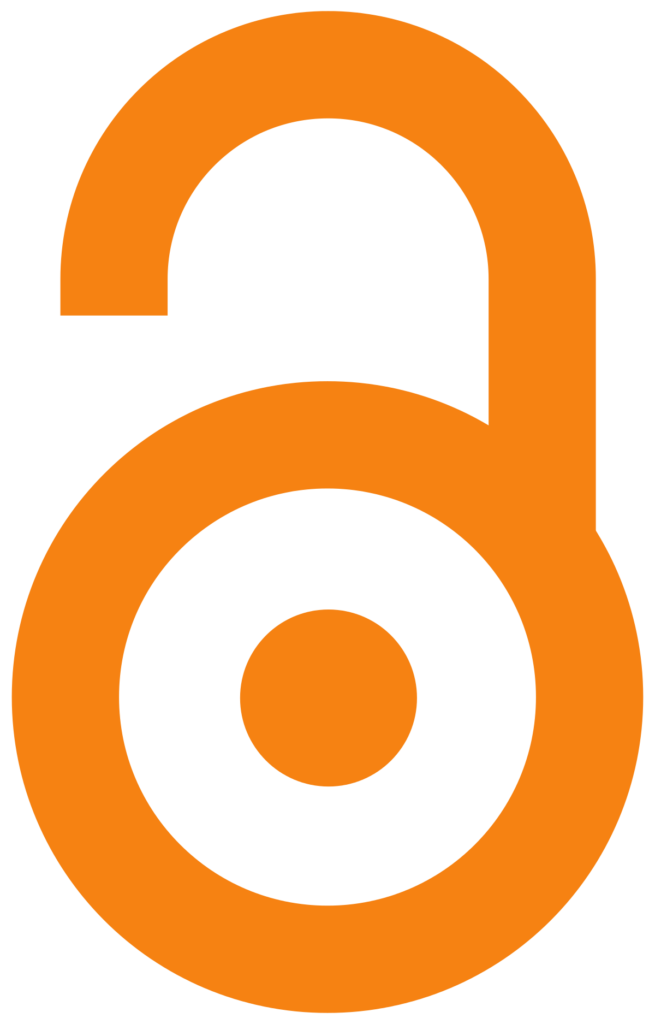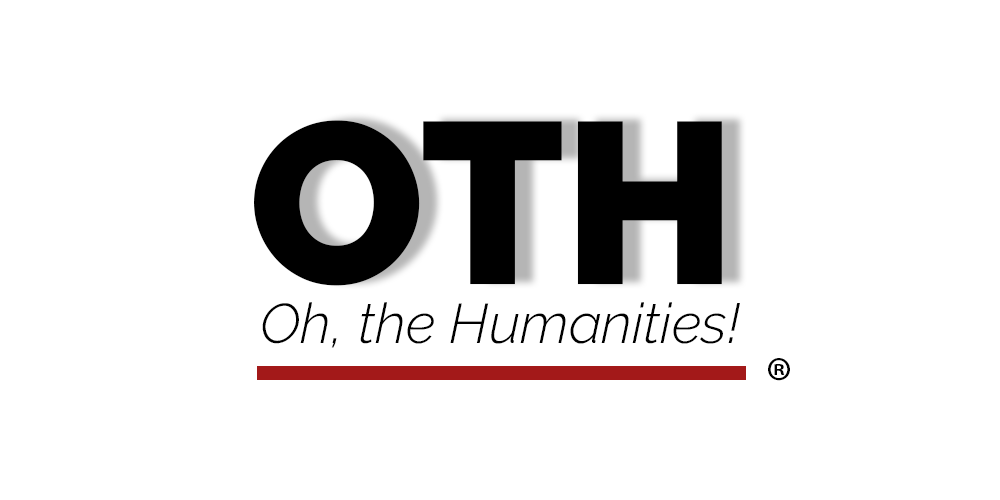Response to “Using Outreach Weeks to Examine Labor, Assessment and Value in Open Advocacy” by R. Champieux, C. Thomas, & A. Versluis
by Elizabeth Beaver Batte
You can read “Using Outreach Weeks to Examine Labor, Assessment and Value in Open Advocacy” here: https://doi.org/10.7710/2162-3309.2371.
 This article is specifically geared towards those who work on open access advocacy initiatives and encourages them to take a step back to evaluate their labor in outreach weeks. For those of us in library science, outreach weeks are very common for almost every specialty of librarianship. That can include archives, K-12 literacy, national library week, museums or others. Success is often measured by attendance but not the actual labor put into the events during outreach weeks. The outreach week the authors chose to focus on was Open Access (OA) week.
This article is specifically geared towards those who work on open access advocacy initiatives and encourages them to take a step back to evaluate their labor in outreach weeks. For those of us in library science, outreach weeks are very common for almost every specialty of librarianship. That can include archives, K-12 literacy, national library week, museums or others. Success is often measured by attendance but not the actual labor put into the events during outreach weeks. The outreach week the authors chose to focus on was Open Access (OA) week.
For librarians and faculty who work within open access initiatives on their campuses, OA Week is a well-known, annual international outreach week. During this week open access advocates—most of whom are librarians—host workshops, release social media campaigns, plan in-library passive programs to highlight student textbook costs, and hold other events that take months to plan and execute. It has become a common struggle among librarians working these outreach weeks to quantify their success, especially for those seeking tenure or other promotions. In March 2017, at the Association for College and Research Libraries (ACRL) conference, a group of open access advocates, including Champieux, Thomas, and Versluis, created the Open Action Kit as a way to help librarians better communicate their scholarly work and success that comes from these work-intensive outreach weeks.
As discussed in the article, attendance to workshops or other OA events is not the best indicator of OA week success but is often the quantitative data administrators request. The Open Action Kit helps highlight the qualitative data, but one of the struggles discussed is the demand for quantitative data over qualitative. As the OER Coordinator for my institution, I understand the hardships of expressing qualitative results without providing quantitative data to back it up. It is more often the connections I make with faculty and students during these weeks that leads to bigger successes, such as OER course adoption numbers and cost savings for students. In the past two years, I have spent OA week highlighting financial savings because of OER adoptions or creations and the courses and faculty associated with them rather than trying to push out information on OER. For me, it has been a better use of my time and allows faculty to see who the OER advocates are in their areas.
I recommend this article and the Open Action Kit to any librarians who are having to validate their open access initiatives either on their campus or within their library. As librarians, our roles can often be misunderstood and I think the work done to create the Open Action Kit is applicable to so many other areas of librarianships who struggle to present their success in more than just quantitative data.
About the Author
Elizabeth Beaver Batte is Library Director, Electronic Resources Librarian, and OER Coordinator at Nicholls State University.
